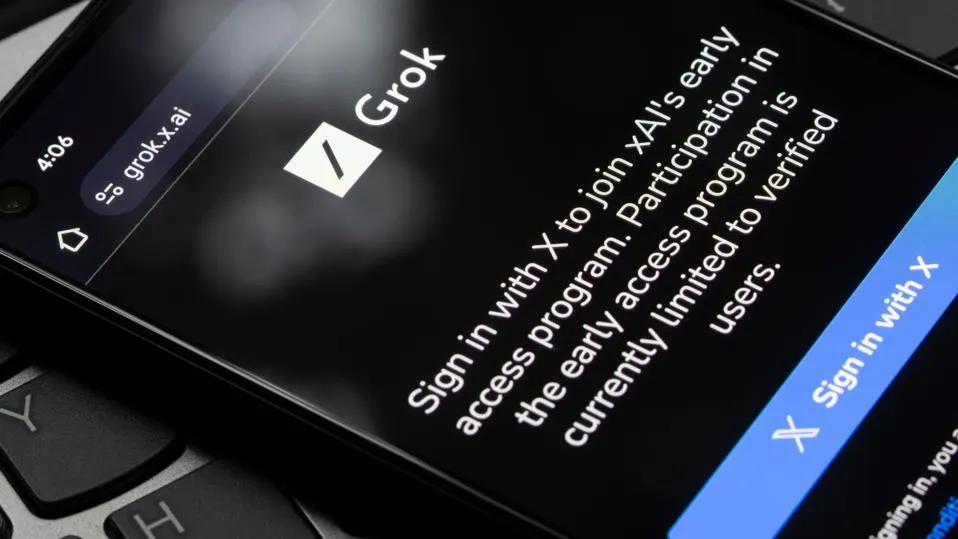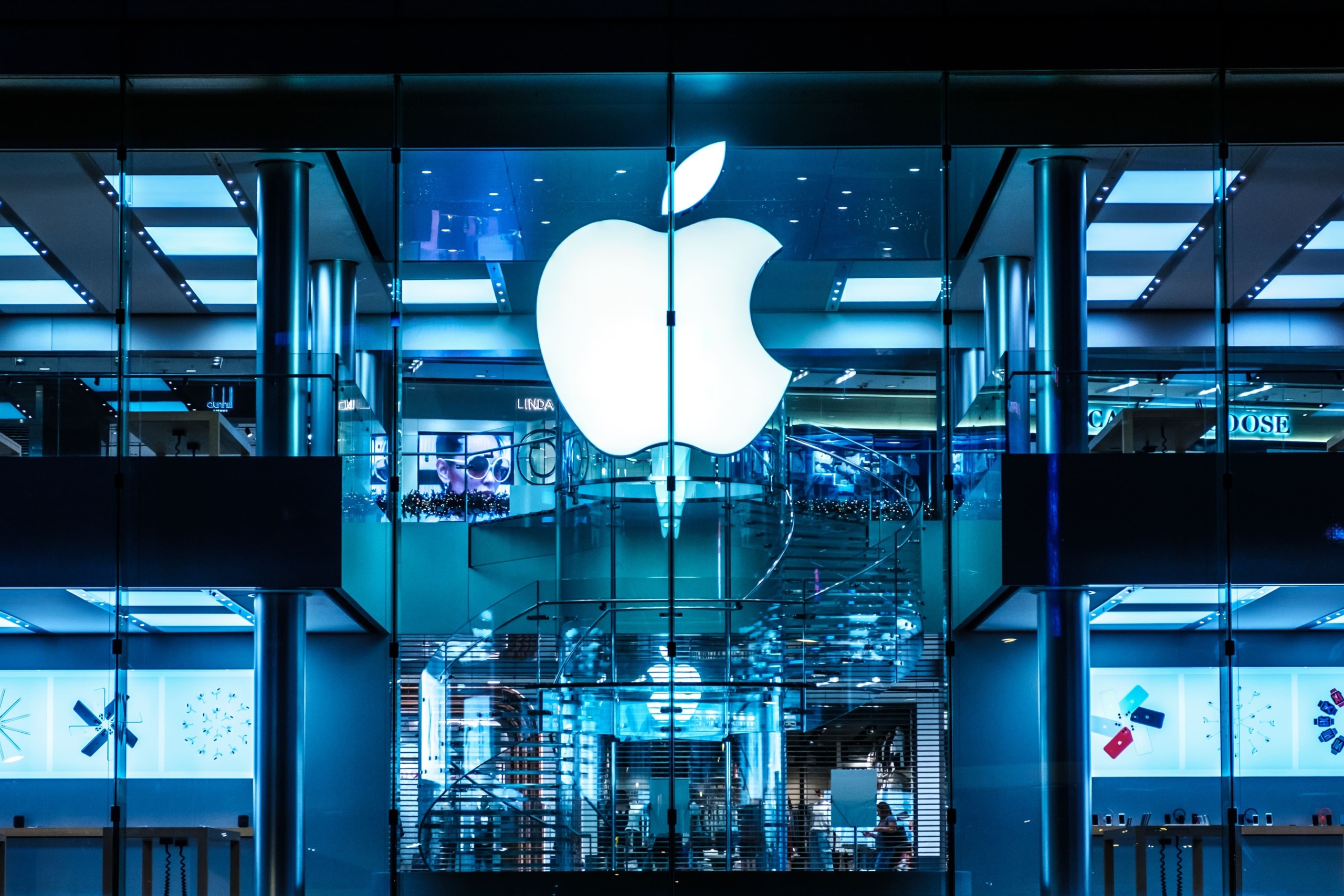Balanced Scorecards And Sustainability
2 July 2021
The balanced scorecard is increasingly being seen as a way companies can promote, measure and profit from sustainable development.
Sustainable development has recently become a fashionable term for government, charities and businesses alike – although many remain sceptical about the contribution sustainability makes to a business’s bottom line. A balanced scorecard is increasingly being seen as a way to promote, measure and profit from sustainable development.
According to the Cleanerproduction.com website, any framework for measuring success in sustainability must meet four key criteria:
- It must address the “triple bottom line” of sustainability: economic, social, and environmental performance
- It must have performance metrics that can be clearly understood and communicated
- It must add value and be integrated into the main value-adding systems of the organization
- It must be extensively supported by existing management tools and resources
As the website points out, “The balanced scorecard concept meets the criteria above rather well”. Replace the four quadrants of Kaplan and Norton’s original balanced scorecard with sustainability metrics like environmental quality and community satisfaction, and you can gain a balanced perspective of an organisation’s sustainable development.
Balanced scorecards popular with Big Three accountants
The balanced scorecard can provide this picture on its own or together with traditional financial reporting and environmental management metrics like ISO accreditation. Cleanerproduction.com notes that “the Big Three accounting and management firms, KPMG, PricewaterhouseCoopers, and Deloitte and Touche, are all using some version of [the balanced scorecard] as the basis for their sustainability consulting practices.”
And because the balanced scorecard does not exist as itself alone, but is most effective as part of a wider strategic management methodology, it can neatly incorporate an organisation’s sustainability goals into its wider values.
Balanced scorecard benefits
Similarly, anyone using a balanced scorecard methodology already will be able to easily include sustainable development to their goals and support it using existing management tools and resources.
But the biggest benefit of using the balanced scorecard gives the organisation the ability to measure the contribution of sustainable development to their goals. Once that contribution can be measured it can be valued, improved and valued again – and once the difference an intangible concept like sustainability can be added to an organisation’s bottom line it becomes harder to view as a buzzword, and more like a natural way of business.
Related Articles
20 Generative AI Tools For Creating Synthetic Data
The AI revolution that we’re currently living through is a direct result of the explosion in the amount of data that’s available to be mined and analyzed for insights.[...]
How To Tell Reality From Fiction Amid The AI-Driven Truth Crisis
The artificial intelligence narrative swings between utopian dreams and dystopian nightmares, often overshadowing the nuanced reality of its current capabilities and limitations.[...]
7 Ways To Turn The ‘Bring Your Own AI’ Threat Into An Opportunity
As AI tools become increasingly accessible, companies face a new trend: BYOAI, or bring your own AI.[...]
AI Gone Wild: How Grok-2 Is Pushing The Boundaries Of Ethics And Innovation
As AI continues to evolve at breakneck speed, Elon Musk's latest creation, Grok-2, is making waves in the tech world.[...]
Apple’s New AI Revolution: Why ‘Apple Intelligence’ Could Change Everything
Apple's announcement of 'Apple Intelligence' marks a seismic shift in how we interact with our devices.[...]
Why AI Models Are Collapsing And What It Means For The Future Of Technology
Artificial intelligence has revolutionized everything from customer service to content creation, giving us tools like ChatGPT and Google Gemini, which can generate human-like text or images with remarkable accuracy.[...]
Sign up to Stay in Touch!
Bernard Marr is a world-renowned futurist, influencer and thought leader in the fields of business and technology, with a passion for using technology for the good of humanity.
He is a best-selling author of over 20 books, writes a regular column for Forbes and advises and coaches many of the world’s best-known organisations.
He has a combined following of 4 million people across his social media channels and newsletters and was ranked by LinkedIn as one of the top 5 business influencers in the world.
Bernard’s latest book is ‘Generative AI in Practice’.










Social Media